Ludwig van Beethoven is one of the most iconic composers in music history, but even with his global fame, there are many fascinating details about his life that most people aren’t aware of. Born in 1770, his works continue to inspire and shape music today, yet the man himself was complex, troubled, and full of surprises. From his challenging childhood to the struggles he faced in his later years, Beethoven’s life was as dramatic as his music. Here are 15 lesser-known facts about this legendary composer.
1. Beethoven Was Not Born Deaf
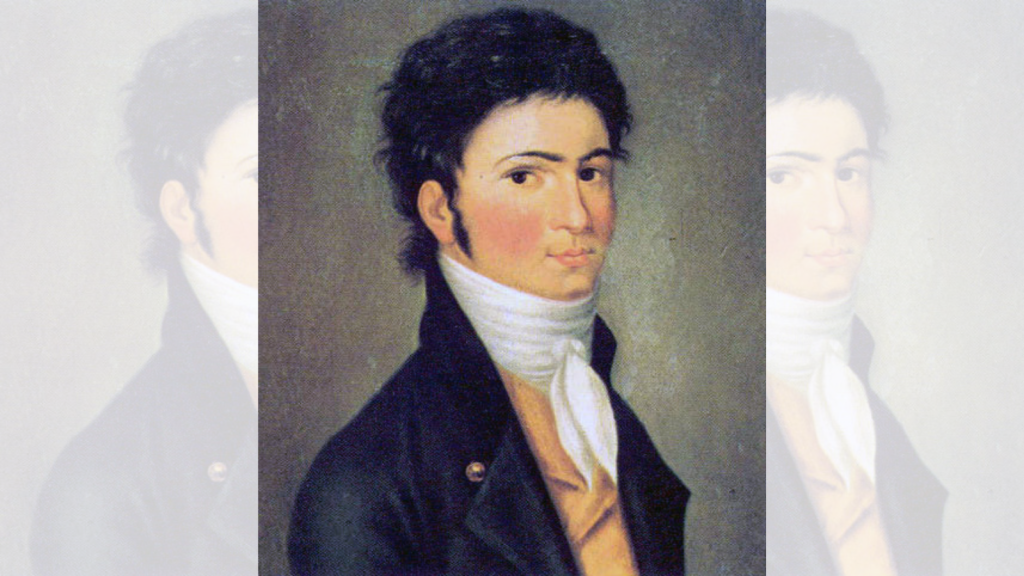
Though Beethoven eventually went deaf, he was not born with this condition. He started to lose his hearing in his late 20s, which was well into his career as a composer. By his mid-40s, he was almost completely deaf, yet some of his most famous works, like his Ninth Symphony, were composed after he had lost most of his hearing.
2. He Had an Alcoholic Father
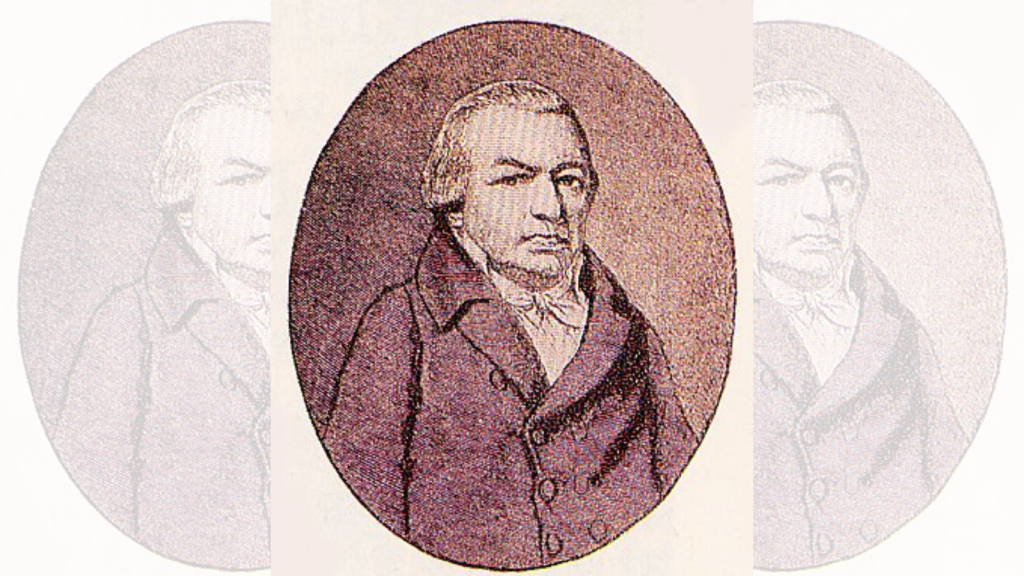
Beethoven’s father, Johann van Beethoven, was a musician, but he was also an abusive alcoholic. Johann forced young Ludwig to practice music for hours, hoping to make him a child prodigy like Mozart. This harsh upbringing had a lasting impact on Beethoven, shaping both his work ethic and his emotional life.
3. He Wrote Music for a Giant Mechanical Clock

In one of his more unusual commissions, Beethoven wrote music for a mechanical clock that played tunes as its gears turned. This was for a clock owned by a nobleman in Vienna. While the idea of composing for such a machine might sound strange, Beethoven’s piece for the clock, “WoO 33,” is a delicate and beautiful work.
4. Beethoven Never Married
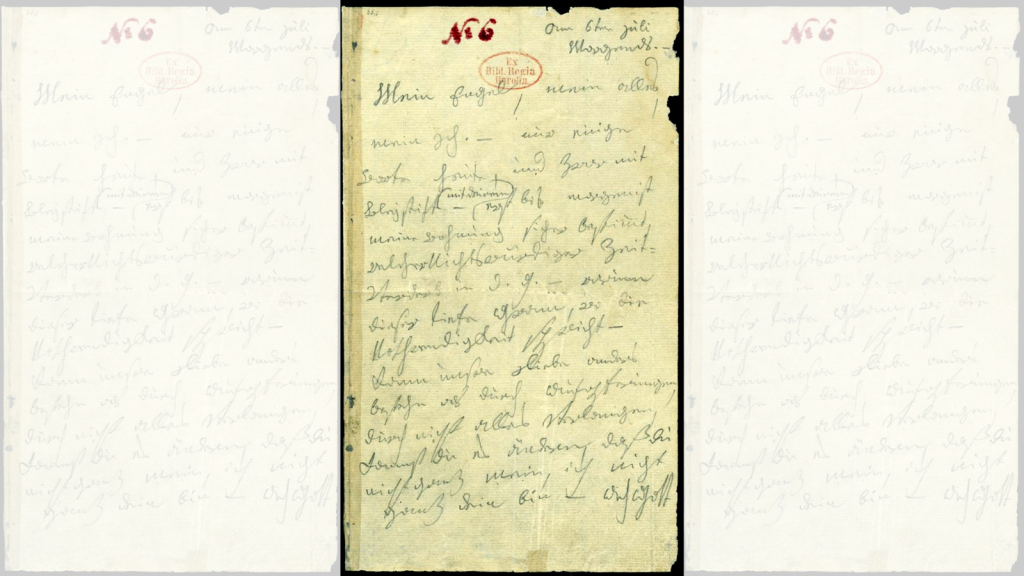
Though Beethoven had several romantic interests throughout his life, he never married. His letters often show his deep affection for a mysterious woman he called his “Immortal Beloved,” but her identity remains unclear to this day. His personal relationships were often complicated by his temper and unpredictable behavior.
5. He Was Horribly Messy

Beethoven was known for being extremely disorganized. His rooms were often cluttered with papers, books, and instruments scattered everywhere. Friends and visitors described his living conditions as chaotic, with piles of manuscripts strewn about. Despite this mess, he somehow managed to produce some of the greatest music ever written.
6. He Had a Lifelong Rivalry with Haydn
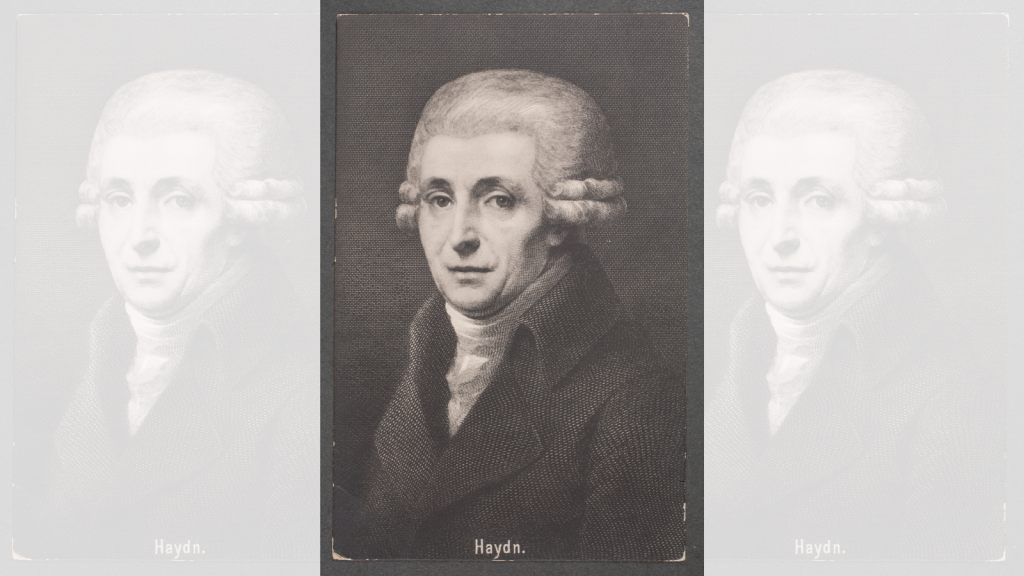
Joseph Haydn, another famous composer of the Classical era, was both a teacher and rival to Beethoven. Beethoven admired Haydn’s work, but their relationship was often tense. While they respected each other, Beethoven sometimes felt that Haydn didn’t take him seriously enough as a student.
7. Beethoven Loved Nature

Beethoven was deeply inspired by nature, often taking long walks through the countryside to clear his mind and find inspiration. His Sixth Symphony, known as the “Pastoral Symphony,” is a celebration of the natural world and captures the sounds of the outdoors, from flowing streams to birdsong.
8. He Had a Volatile Personality
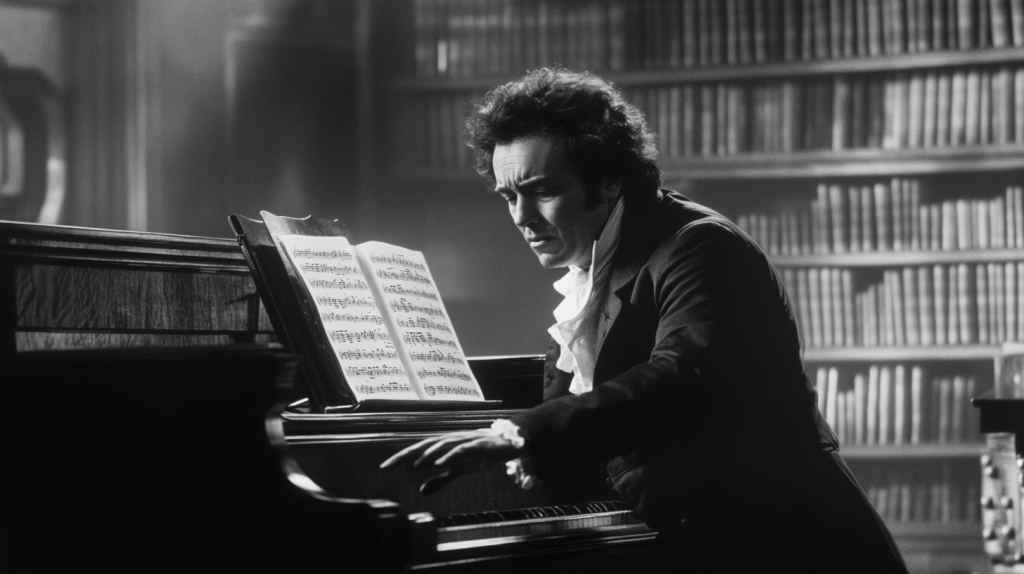
Beethoven had a reputation for being hot-tempered and difficult to get along with. He would frequently argue with patrons and friends, and he was known to be stubborn in his beliefs. His fierce independence often led to personal isolation, which may have been exacerbated by his deafness.
9. His Deafness Caused Him Deep Depression

As Beethoven’s hearing worsened, he struggled with profound depression. His loss of hearing was not just a physical ailment but an emotional and psychological blow. At one point, he even contemplated suicide, writing in a letter that his only reason to continue living was his art.
10. He Had No Formal Education in Math or Writing

Although Beethoven was a musical genius, his formal education was lacking in other areas. He never learned advanced math and struggled with spelling and grammar. His letters often show grammatical errors, and he relied heavily on friends and assistants to help him with written communication.
11. Beethoven’s Funeral Was Massive
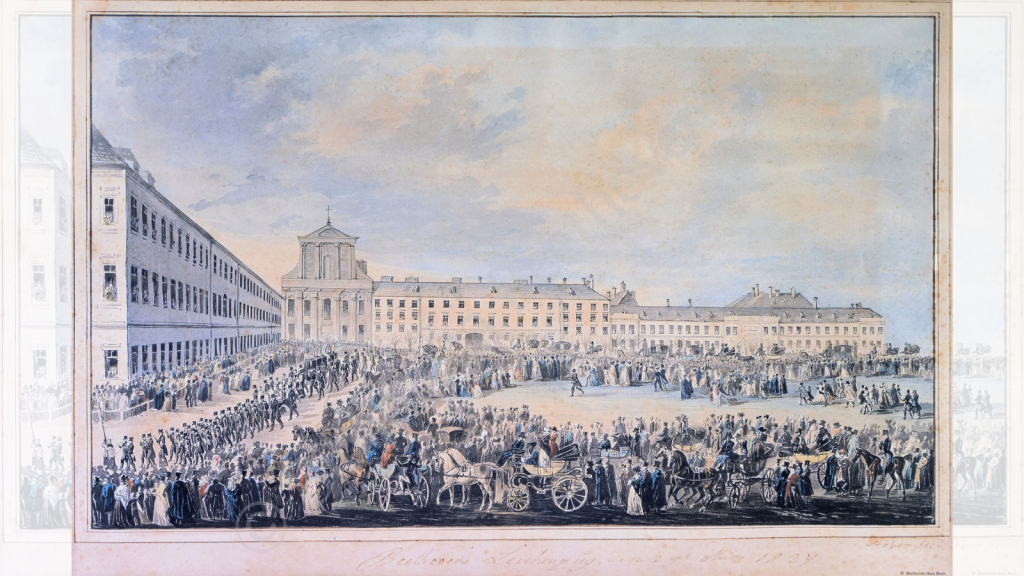
When Beethoven died in 1827, his funeral was attended by an estimated 20,000 people in Vienna. His music had made him a legend during his lifetime, and his passing was a major event. Famous composers like Franz Schubert were among the mourners who followed his casket to the cemetery.
12. He Was Obsessed with Coffee

Beethoven had a very specific coffee habit: he insisted that his coffee be made with exactly 60 beans per cup. He would count them out himself to ensure precision. This quirky routine was part of his daily life and reflected his need for control in an otherwise unpredictable world.
13. He Used an Ear Trumpet

As his hearing declined, Beethoven tried various methods to cope with his deafness, including using an ear trumpet. This early hearing aid helped amplify sound, but it was far from perfect. Despite these efforts, Beethoven often had to rely on feeling vibrations from instruments to continue composing.
14. He Took Custody of His Nephew
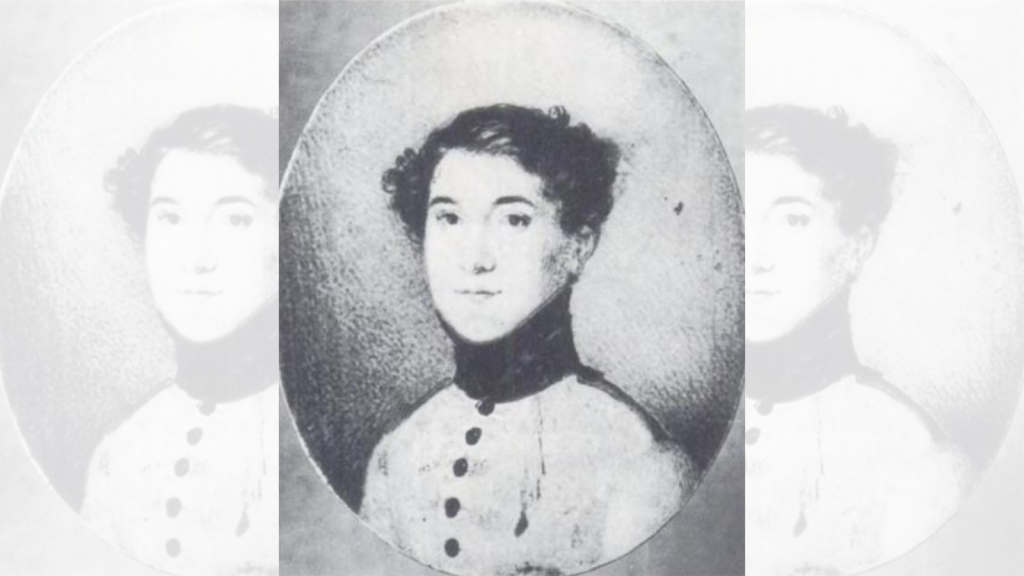
In a complicated legal battle, Beethoven fought for custody of his nephew Karl after his brother’s death. Beethoven became deeply invested in Karl’s upbringing, but their relationship was strained. Beethoven’s strict discipline caused tension between them, leading Karl to attempt suicide at one point.
15. He Wrote His Last Symphony Without Hearing a Note

Beethoven’s Ninth Symphony, one of his most famous compositions, was written when he was almost completely deaf. During its premiere, Beethoven stood on stage, but he couldn’t hear the audience’s thunderous applause. A friend had to turn him around so he could see the standing ovation he had earned.
Ellen has been obsessed with logic puzzles, jigsaws, and cryptograms since she was a kid. After learning she was taught how to play chess wrong by a family friend (so they could win), she joined her school chess club and the rest is history.


